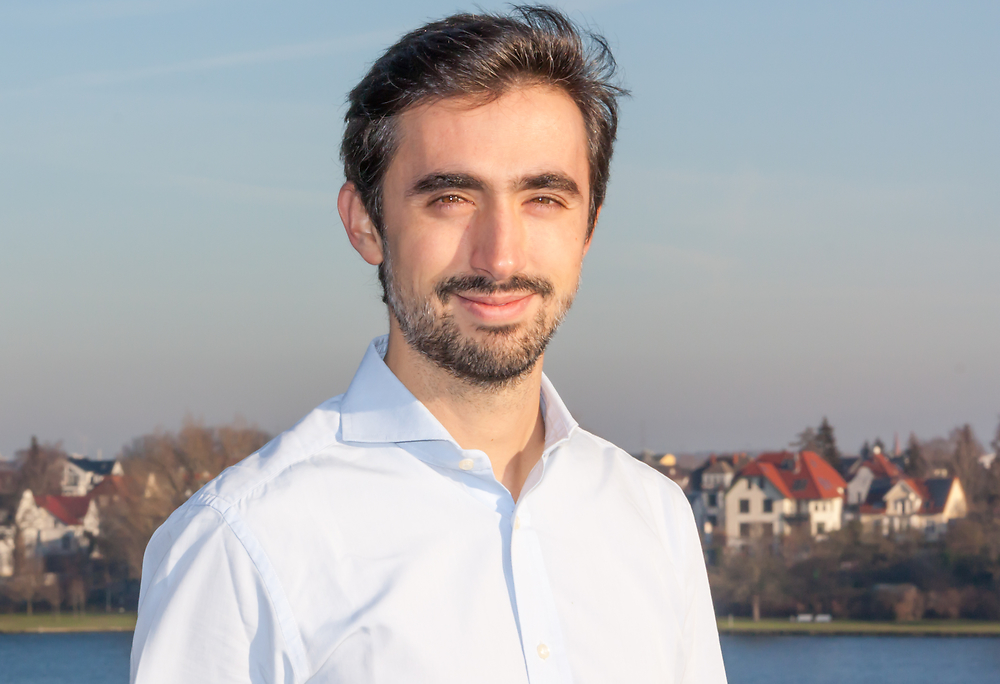January 20, 2020 | News | Welcome to the MPIDR
Ugofilippo Basellini is a New Researcher at the Digital Demography Lab

© MPIDR/Wilhelm
Ugofilippo Basellini’s research area focuses on modeling and forecasting human mortality. In addition to demography, the new research scientist is very passionate about sports, especially tennis.
1. What question drives you most in your research?
I am looking for methodological innovations: My goal is to come up with better ways to forecast mortality at the aggregate level in Western countries, so that policy makers, insurance companies, and even individuals can plan ahead in terms of pension, investments, education, and having children.
2. What are you particularly looking forward to as you start working at MPIDR?
I am excited to be continuing my research interests in forecasting. I am especially looking forward to collaborating with my new colleagues in the Digital Demography Lab. My plan is to incorporate new sources of data to improve forecasting models even further.
3. What do you like most about Rostock?
It is definitely different to Paris, but I really enjoy that it is so easy to get in touch with nature here. I appreciate being away from the rush of a big city and enjoy the calmness. It is just wonderful to go on a run in the morning on the banks of the Warnow River.
4. What are you obsessed with at the moment besides demography?
My biggest obsession is tennis. I play it myself, and I also enjoy watching it. With the Australian Open starting this week, I hope everything goes well despite the bush fires there. I am for sure cheering on Roger Federer.